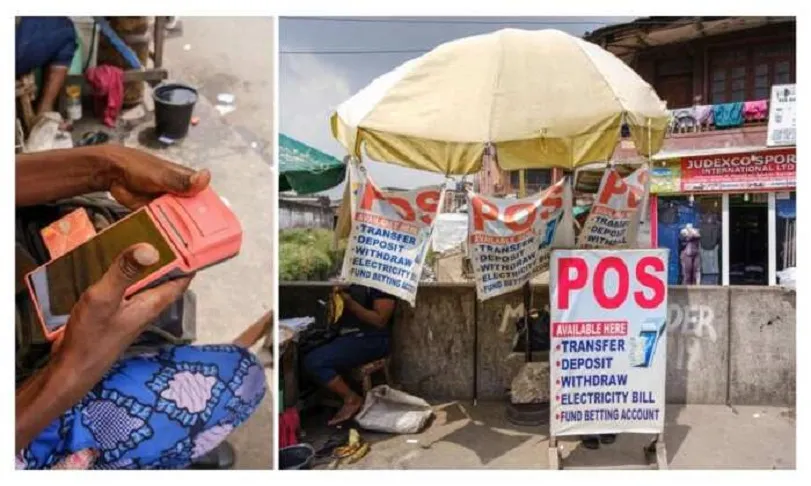Point-of-Sale (PoS) agents across Nigeria are voicing their concerns as the Federal Government announces plans to enforce mandatory registration, with the promise of cracking down on illegal operators.
The move, aimed at enhancing security and reducing fraudulent practices, has sparked mixed reactions within the PoS agent community.
Join our WhatsApp ChannelThe government, through the Corporate Affairs Commission (CAC), has set a deadline for PoS operators to register as corporate entities, emphasizing the need for compliance with legal requirements and Central Bank directives.
Failure to register by July 7, 2024, will result in punitive measures against defaulters, according to the Registrar-General of CAC, Hussaini Magaji.
Speaking at the formal launch of the registration process in Abuja, Magaji stressed the importance of the initiative in combating crime, particularly in the context of ransom payments made through PoS terminals. He highlighted the role of registration in providing crucial data to security agencies for swift intervention in criminal activities.
“We have had a situation where a ransom is being paid with a PoS terminal and a lot of fraud, but after the registration, if anything happens, we can provide the details of the persons behind the company to the government,” Magaji stated.
READ ALSO: Nigerian Govt Gives PoS Operators 2-Month Deadline To Register With CAC
However, PoS agents have expressed reservations about the directive, citing concerns over its practicality and impact, especially on operators in rural areas. Sarafa Fasasi, the National President of the Association of Mobile Money and Bank Agents in Nigeria, questioned the necessity of registration, particularly for sub-agents operating under existing agent networks.
“The memo got me confused because the current CBN agent banking regulations allow individuals to be onboarded as agents under the sub-agent category. Currently, Nigeria has over 1.9 million agents, of which over 70% are sub-agents without registered businesses, operating under an agent network – super agent arrangements,” Fasasi remarked.
Similarly, Ogunfowokan Temitope, a PoS agent based in Lagos State, expressed concerns about the financial implications of registration, particularly for small-scale operators. “It is not fair because most of the PoS agents only have a small amount of money. Some even borrowed money to start a business. These set of people, how are they going to cope?” Temitope lamented.
In contrast, Victor Olojo, the immediate past president of the association, supported the government’s initiative, citing the need for standardization and enhanced security within the financial system. He underscored the potential benefits of registration, including improved accountability and better access to financial services.
“This move would weed off [unregistered operators] and enable those with the capacity to focus on the business, hence Nigeria being better served,” Olojo remarked.
Despite differing opinions, PoS agents recognize the importance of addressing security concerns and enhancing regulatory compliance within the industry. However, they urge the government to provide adequate support and guidance to facilitate the registration process, particularly for operators in remote areas.
As the deadline for registration approaches, the debate surrounding the government’s crackdown on unregistered PoS operators continues, highlighting the complex dynamics between regulatory compliance, financial inclusion, and security in Nigeria’s evolving digital landscape.
Emmanuel Ochayi is a journalist. He is a graduate of the University of Lagos, School of first choice and the nations pride. Emmanuel is keen on exploring writing angles in different areas, including Business, climate change, politics, Education, and others.















![Trump, Zelenskyy Discuss Peace Plans During Pope Francis’ Funeral In Rome [VIDEO]](https://www.primebusiness.africa/wp-content/uploads/2025/04/Trump-and-Zelenksy-meet-at-Pope-Francis-Burial-150x150.jpeg)



Follow Us